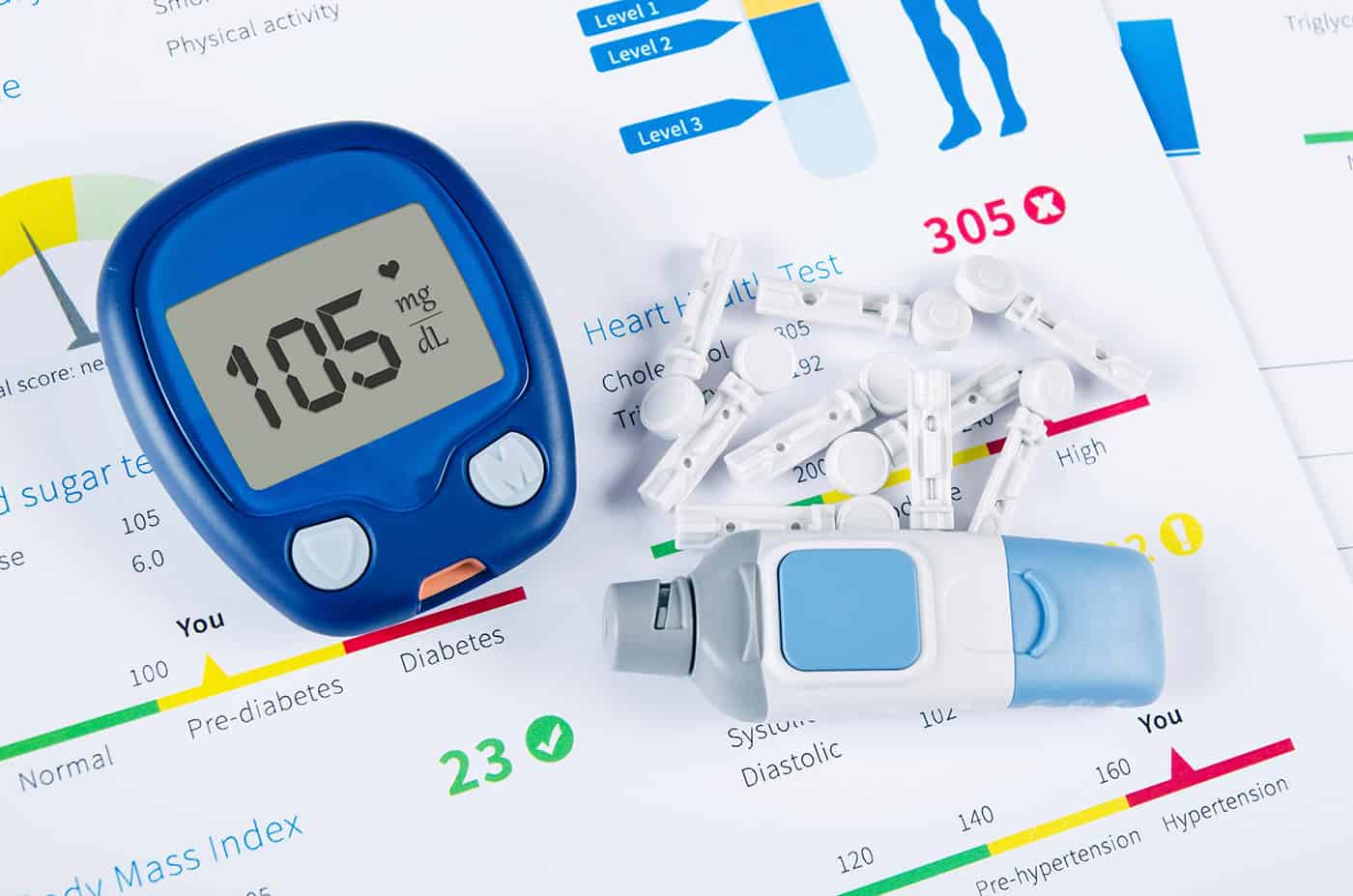The life expectancy at birth of Australians, as at 2013, is 83 years, the ninth highest in the world. ((World Health Organisation. Life expectancy at birth 2013. “CIA – The World Factbook Life Expectancy”. Cia.gov. Retrieved 2012-03-22. “Central Intelligence Agency Factbook Population”. Retrieved 2013-03-22.)) In June 2011, the country boasted 4252 living centenarians. ((Aust. Bureau of Statistics. Article June 1, 2011. “3101.1 – Australian Demographic Statistics, June 2011”)) However, when we look at the medical needs of those over 60, the levels of chronic disease and the steady increase in nursing home residents, the picture is not so rosy. Many would prefer to live a shorter life rather than suffer the slow and painful degeneration of body and mind during the last quarter. The health intelligence acquired and the choices made during the prime years will determine to a great degree the quality of life experienced in old age.
Eating properly and doing regular exercise will make a big difference when preparing for the long haul. When it comes to eating, however, there are many differing opinions as to what is considered proper. Irrespective of the various belief systems that influence diet, there is a truth that can significantly reduce the rate of ageing, promote optimal wellness and prolong life. The science of insulin is a vital key for understanding and achieving quality longevity.
Diabetes is Australia’s fastest growing chronic disease, and the sixth highest cause of death. 280 people a day are diagnosed with type 2 diabetes. A total of 1.7 million Australians have the disease, with that number expected to double in the next 18 years. The total financial cost of type 2 diabetes is estimated at $10.3 billion every year.
Insulin is a hormone produced in the pancreas and released in response to elevations in blood glucose levels. It has an extensive effect on metabolism, influencing many bodily functions. Insulin causes cells in the liver and muscle to take up glucose from the blood to be stored as glycogen. Glucose is also conveyed into fat cells by insulin, which then inhibits the use of fat as a source of energy. Basically, insulin converts sugar and other food into energy for immediate use, or for storage to be used in times of need. Insulin, more than any other hormone, regulates the rate of aging. Poor management of the insulin response through improper diet can lead to diabetes, heart disease, obesity, osteoporosis, dementia, gum disease, dental decay and cancer. Diabetes is Australia’s fastest growing chronic disease, and the sixth highest cause of death. ((Australian Bureau of Statistics, Mar 2013, Causes of Death Australia, ABS cat. no. 3303.0, http://www.abs.gov.au/ausstats/[email protected]/Lookup/3303.0Chapter42011.)) Over one million Australians are presently diagnosed, and registered with the National Diabetes Service Scheme. ((“Key Facts & Figures”. Diabetes Australia. NDSS-content Nov 22, 2013.)) In 2013, the World Health Organisation reported that there were 347 million diagnosed cases worldwide. ((Danoei G, Finucane MM, Lu Y, Singh GM, Cowan MJ, Paciorek CJ, et al. National regional & global trends in fasting plasma glucose and diabetes prevalence since 1980: systematic analysis of health examination surveys and epidemiological studies with 370 country-years and 2.7 million participants. Lancet, 2011, 378 (9785): 31-40. )) According to Diabetes Australia, diabetes costs the Australian taxpayer $14.6 billion per year. ((Prevention, Prevention. Prevention. A National Diabetes Strategy and Action Plan; Diabetes Australia 2013. www.australiandiabetescouncil.com.)) Yet, with a simple shift in the fat-protein-carbohydrate ratio in one’s diet, diabetes type 2 can be avoided, stabilised, managed and even cured. When excessive carbohydrates are ingested over a long period of time, insulin receptors in muscle, liver and fat cells become insulin resistant. They fail to take up sugar. This results in uncontrolled levels of glucose building up in the blood. Insulin receptors in the hypothalamus also become resistant, creating a devastating domino effect throughout the endocrine system. Thyroid function slows down, testosterone and adrenal-hormone levels reduce, melatonin production at night decreases and oestrogen goes up. A prolonged elevation in blood glucose can cause heart disease, obesity, impaired eyesight, peripheral vascular disease, high blood pressure and many other diseases.
India has been long known as the diabetic capital of the world. The Indian Council of Medical Research (ICMR) estimated that the country has 65.1 million diabetes patients requiring regular medication. Only China, with 113.9 million cases, has more diabetics globally. ((Journal of the American Medical Association. Sept 4, 2013. vol 310, no.9.)) Addressing the International Conference for Endocrinology & Metabolic Diseases in January 2014, Dr. V. Mohan, president of Madras Diabetes Research Foundation stated that diabetes was now found in persons as young as 15 years. Among the main reasons was sedentary lifestyle, Dr. Mohan said, adding that escalators, which have become ubiquitous now, shared a major portion of the blame. Residents just don’t use the stairs anymore! Dr. Mohan said that 17 million people currently suffered kidney problems arising out of diabetes. He added that the focus must be on enacting preventive measures such as promoting physical activity and a proper diet. There are an estimated 77.2 million people in India who are suffering from pre-diabetes. Pre-diabetes is a condition in which the patients have high blood glucose levels but are not yet in the diabetes range. These people are at high risk of getting diabetes. ((“The Hindu.” Tamil Nadu. Coimbatore. Jan 27, 2014. http://www.thehindu.com/news/national/tamil-nadu/more-than-77-million-people-in-india-have-prediabetes-expert/article5620842.ece))

Mother is checking her daughters’ diabetes by monitoring blood glucose.
Approximately 42% of the Indian population are strict vegetarians, consuming a diet that is predominantly high carbohydrate, low fat and low protein. ((Mr Cyriac. March 1, 2012. “Just How Vegetarian is India?” http://mrcyriac.com/2012/03/01/just-how-vegetarian-is-india/)) If this sector of the country were to replace some of their grain and sweet foods with eggs, soft cheeses, butter and sour cream and increase the performance of regular physical activity there would be a significant decrease in diabetic statistics within a few years. America also boasts a high diabetes statistic, with 8.3% of the population diagnosed as at January 2011. ((American Diabetes Association. Statistics about diabetes. Data from the 2011 National Diabetes Fact Sheet. Jan 26, 2011.))
The American Diabetes Association reported a prevalence of 25.8 million sufferers in its 2011 National Diabetes fact sheet.10 Once again this is mostly due to a diet that is high in sugar, processed grain foods and other concentrated carbohydrates. It has been found that when insulin is controlled through a reduction of carbohydrates in the diet, animals live much longer and the rate of aging is significantly reduced.
The key is to be educated rather than medicated. Control dietary carbohydrate, keeping consumption to around 50 to 80 grams per day (one slice of bread has approximately 15 grams). Sugar and other refined carbohydrates provide quick energy, however they also tend to elevate blood glucose levels and ultimately promote burnout. Replace carbohydrates with good fats that provide sustained energy, and maintain a moderate level of protein in the diet. Make vegetables the main source of carbohydrates.
Diabetes Type 2 is a lifestyle related disease that is totally avoidable. Regular exercise along with a little self-control in relation to those naughty, sweet dainties is generally all that is needed to live that much longer. In 2010, Australia boasted fourth position in the world for longevity.11 We now come in at ninth. With our magnificent climate, open space and access to quality foods, there is no reason why we cannot take first position in the next world study. If the majority of our population were to place an emphasis on an active lifestyle and a controlled carbohydrate diet we could certainly become world champions in the longevity stakes!
Find answers and get solutions for diabetes with a retreat program at Living Valley. Find out more by visiting our retreat overview page or calling 1800 644 733.









